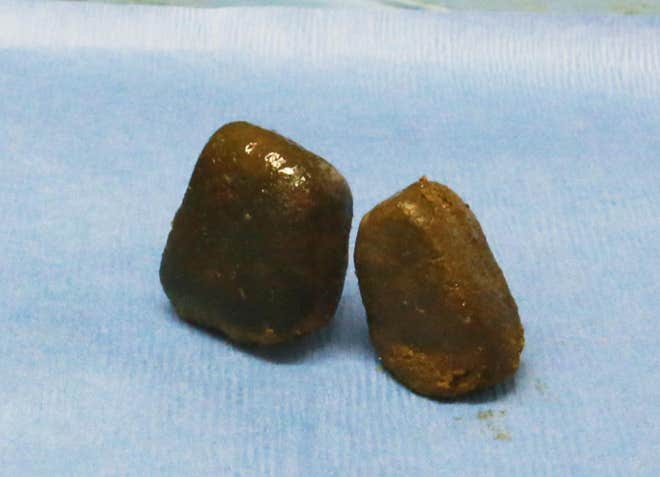Scientists discovered what might be their smelliest findings: wombats’ cubed poos.
Animals and humans alike excrete poo that are usually oblong and elongated in size. However, the marsupial produce a unique cuboid poo.
Each night, wombats excrete between 80 to 100 six-sided cubes. According to a team of US mechanical engineers and Australian biologists, wombats’ way of defecation has an important function.

Wombat’s feces are cube in size in order for them to pile them up high to mark its territory and they communicate through its scent. Their feces’ flat sides also allow it to stay in place on logs and rocks, which can also attract mates.
Patricia Yang, lead author and a postdoctoral fellow at the Georgia Institute of Technology, had set out to understand the structure of wombat’s soft tissues to better understand its dung.
“The first thing that drove me to this is that I have never seen anything this weird in Biology. That was a mystery,” Yang told The Independent.
“I didn’t even believe it was true at the beginning. I googled it and saw a lot about cube-shaped wombat poop, but I was skeptical,” added Yang, who also studies on hydronamics of fluids, including blood, processed food, and urine in the bodies of animals.
The researchers studied the digestive tracts of wombats who have been put down after being hit by cars in Tasmania, Australia.
They found that the feces changed from liquid to solid state, made up of small separate cubes, at the end of its intestine. Researchers concluded that the varying elastic properties of the wombats’ intestinal walls allowed the feces to change its shape.
Yang said their new understanding of the way wombats excrete poo allows them to further study on the soft tissue transportation.
“We currently have two methods to manufacture cubes: We mold them, or we cut them. Now we have this third method,” she said. “It would be a cool method to apply to the manufacturing process – how to make a cube with soft tissue instead of just molding it.”
You might want to read:
– Study says dogs lie to get what they want
– Philippine fruit bats are a “different species” from other Southeast Asian regions, study shows
– Beagles can detect cancer with 97 percent accuracy, study shows






